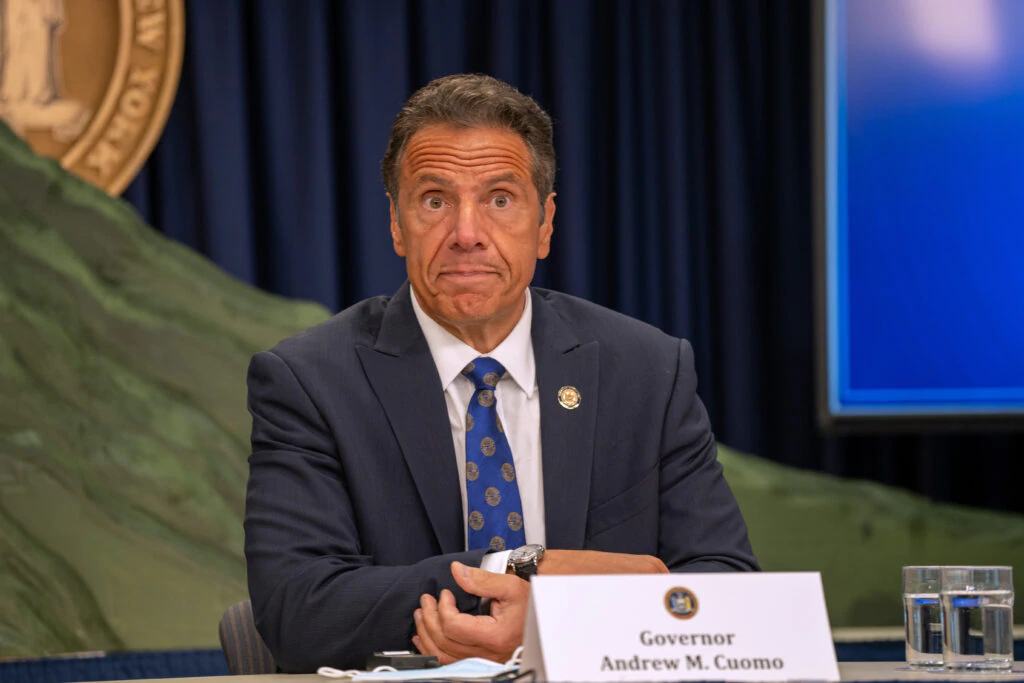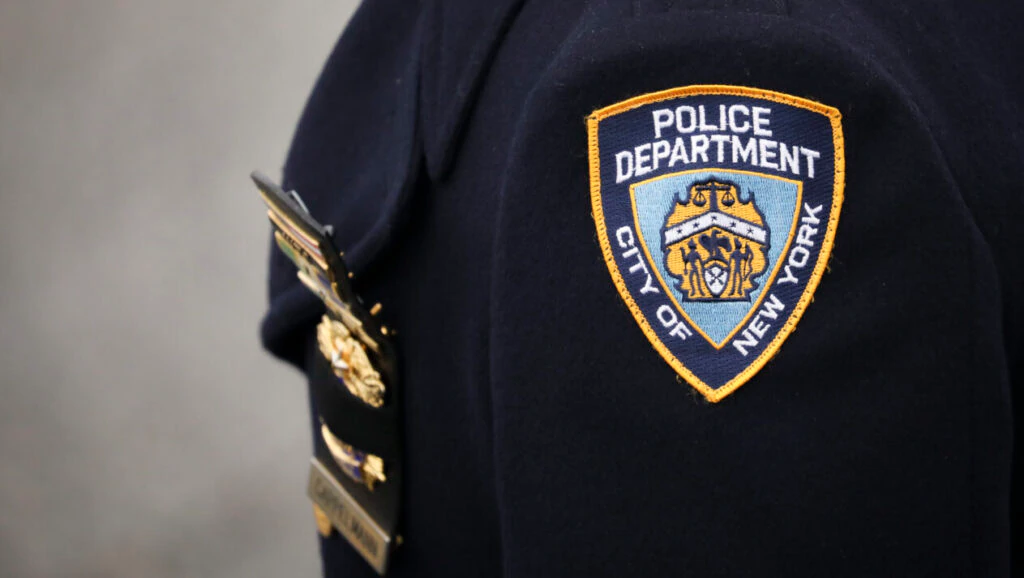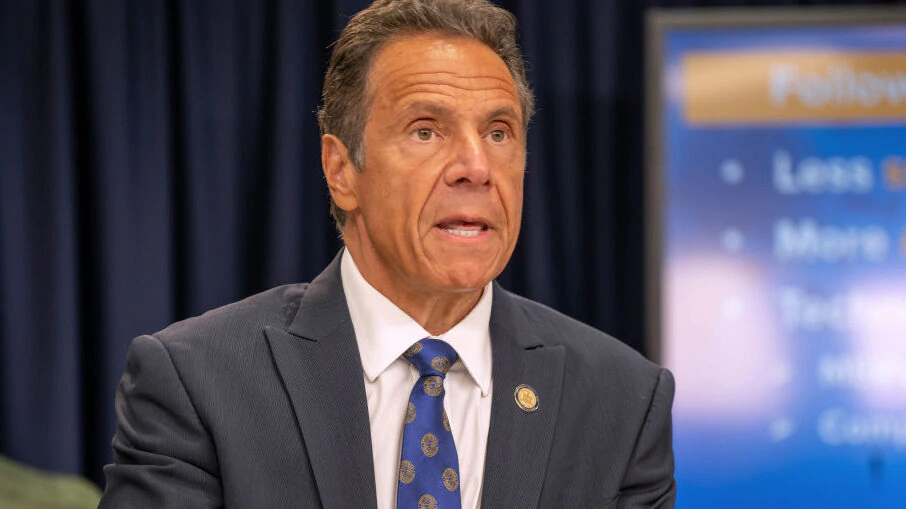[ad_1]
In recent weeks, New York Governor Andrew Cuomo has signed into law nearly a dozen aggressive police reform bills seeking more transparency and accountability within law enforcement.
In a groundbreaking executive order, Cuomo is also requiring the state’s more than 500 police forces to develop new policing strategies and structures in collaboration with community members and local leaders or risk losing state funding.
Read More: Gov. Cuomo warns non-compliant New Yorkers as state reopens
“The murder of George Floyd was just the tipping point of the systemic injustice and discrimination that has been going on in our nation for decades, if not centuries,” Governor Cuomo stated following the passage of the first wave of bills.
“These are issues that the country has been talking about for a long time, and these nation-leading reforms will make long-overdue changes to our policing and criminal justice systems while helping to restore community confidence in law enforcement.”

Brandon Hicks, the director of African American Affairs for the Cuomo administration, serves as a liaison between civil rights organizations, activists, and the administration. He says the governor has wanted to get this legislation done for years, however, many of the reforms remained tied up in bureaucratic red tape until now.
“The legislature and the governor really rose to the moment to answer that call…the times call for it,” said Hicks. “Overall New York State has done what other states have not been able to do and what the federal government has yet to do. We have enacted substantive real police reform, police accountability, and police transparency.”
Read More: Andrew Cuomo wants to make false, Amy Cooper 911 calls a hate crime
Within the first package of legislation titled the ‘Say Their Name’ Reform Agenda, Gov. Cuomo revoked longstanding state law 50-a; which previously shrouded an officer’s disciplinary records in a cloak of secrecy.

The package also encompassed the “Eric Garner Anti-Chokehold Act” classifying banned police chokeholds as a felony. Additionally, false race-based 911 calls are now prohibited by law and the state attorney general will now serve as an independent prosecutor in all police-involved deaths.
Read More: Repeal of law exposes complaints against officer who choked Eric Garner
“The intent of these reforms were to not only validate the angst, the complaints, and the cries Black people have been having for years … but to actually do something substantive to address them,” Hicks added.
Among the other bills that passed the state legislature, courts will now be required to track and publish the racial and demographic data of all low-level offenses. New York is also establishing a new Law Enforcement Misconduct Investigative Office that will review complaints and procedures as well as study, audit, and make recommendations to police agencies statewide.
As the former national organizer for the National Action Network, these changes are very personal for Hicks.
“I participated in protests. This is not something I am detached from … I am not just championing these reforms because it’s my professional duty,” said Hicks.
“I’m doing it because I’m a Black man in America who can be victim of these acts and I believe that these legislations can curtail police brutality, can curtail the unjust treatment of black men and women,” he noted.
The swift passage of police reforms in New York is an anomaly of sorts, according to Politico.
Although dozens of states, including Minnesota, proposed new police reform legislation in the wake of the prolific protests following George Floyd’s death; to date, only five states — New York, Utah, Colorado, Iowa and Oregon — have actually passed a bill with a governor’s signature.
Subscribe to theGrio’s Dear Culture podcast on Spotify, Apple and Stitcher.
[ad_2]
Source link


